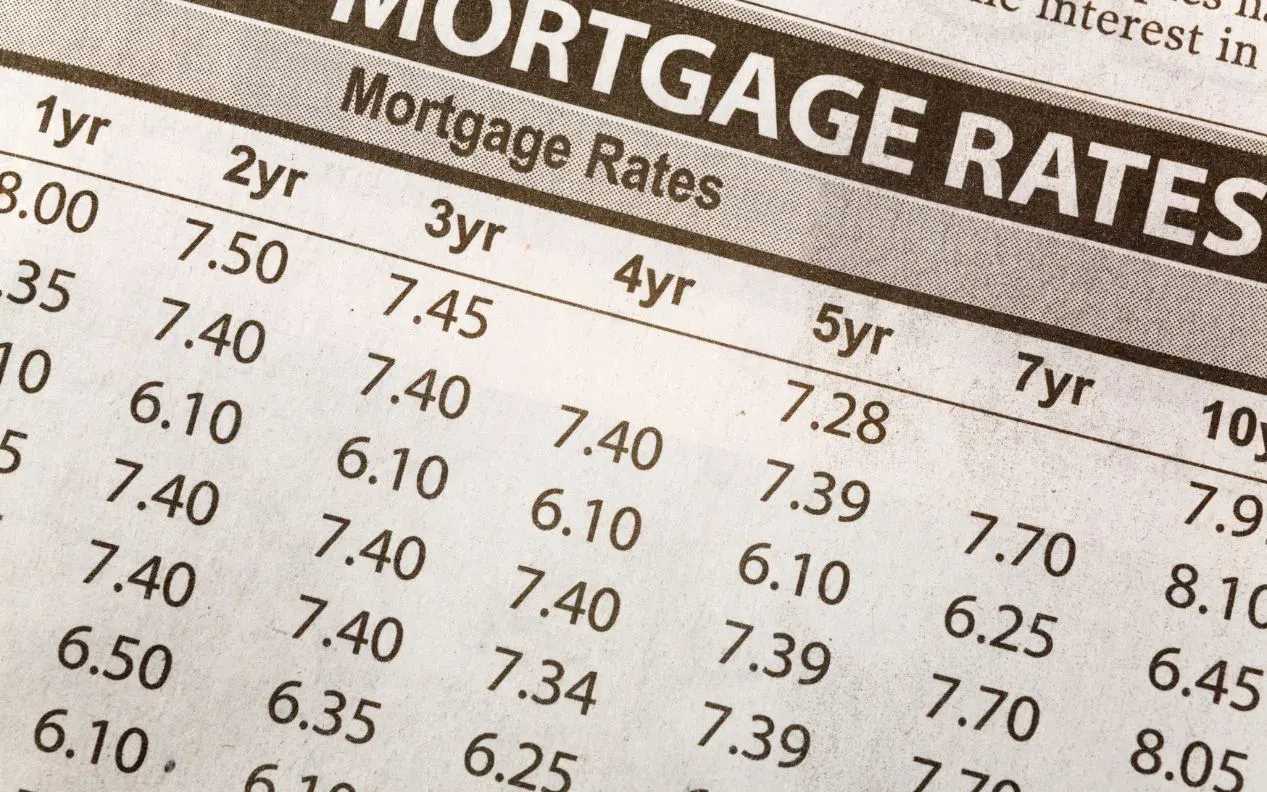Mortgage rates are often the deciding factor for many when it comes to purchasing a home or refinancing an existing mortgage. With the constant fluctuation of rates, understanding how mortgage rates are determined and what factors affect them is crucial for any prospective homeowner or current borrower. In this detailed guide, we'll demystify mortgage rates and provide you with the information you need to navigate the complex world of home financing.
What Are Mortgage Rates?
Mortgage rates are the interest rates charged on a mortgage loan, and they are one of the most important aspects to consider when taking out a mortgage. They directly influence your monthly payments and the total amount of interest you'll pay over the life of the loan. Let's break down the basics.
Fixed vs. Adjustable Rates
There are generally two types of mortgage rates: fixed and adjustable. Fixed mortgage rates remain the same for the entire term of the loan, providing stability and predictability in your monthly payments. Adjustable-rate mortgages (ARMs), on the other hand, have interest rates that can change over time, usually in relation to an index, and can cause your payments to increase or decrease.
How Are Mortgage Rates Determined?
Mortgage rates today are influenced by a variety of factors, both global and personal. Understanding these can help you anticipate changes in rates and make informed decisions.
The Economy
Economic indicators, such as inflation, employment rates, and GDP growth, can have a significant impact on mortgage rates. Generally, a strong economy leads to higher mortgage rates, while a weaker economy can result in lower rates.
The Federal Reserve
The Federal Reserve doesn't set mortgage rates directly, but its policies influence them. For instance, when the Fed raises its benchmark interest rate, mortgage rates tend to go up as well.
Inflation
Lenders need to keep pace with the purchasing power of currency, so when inflation is high, mortgage rates often rise to compensate for the lost value.
The Bond Market
Mortgage-backed securities are a type of bond, and like all bonds, their yields are inversely related to their price. When demand for these securities rises, prices go up, and yields (and mortgage rates) drop. Conversely, when demand falls, prices drop, and yields—and mortgage rates—rise.
Your Financial Situation
Your credit score, down payment, loan term, and loan-to-value ratio all play a role in determining your personal mortgage rate. A better credit score and larger down payment typically secure lower rates.
Current Trends: 40 Year Mortgage Rates Today
One of the more recent trends in the mortgage industry is the introduction of the 40-year mortgage. These loans, which spread payments over an extended period, offer lower monthly payments, which can be attractive to certain borrowers. However, it's important to note that 40-year mortgage rates today may be higher than those for more traditional 30-year mortgages, and you'll pay more interest over the life of the loan.
The Impact of the Inflation Report on Mortgage Rates Today
The inflation report is a key economic indicator that can dramatically affect mortgage rates. If the report indicates higher than expected inflation, mortgage rates may rise as investors demand higher yields to offset the anticipated decline in purchasing power. On the other hand, if inflation is lower than expected, mortgage rates may fall.
Why Inflation Matters
Inflation erodes the purchasing power of money over time. When inflation is high, lenders need to charge higher interest rates to maintain their returns in real terms. As such, when inflation expectations rise, so do mortgage rates.
Reading the Inflation Report
Understanding the components of the inflation report, such as the Consumer Price Index (CPI) and the Personal Consumption Expenditures (PCE) price index, can give you insights into future mortgage rate movements. Keep an eye on these indicators to better predict when rates might change.
Strategies to Secure the Best Mortgage Rate
Now that you understand what influences mortgage rates, let's explore some strategies to help you secure the best possible rate.
Improve Your Credit Score
A higher credit score signals to lenders that you're a lower-risk borrower, which can help you qualify for lower mortgage rates. Pay your bills on time, reduce your debt levels, and check your credit report for any errors.
Save for a Larger Down Payment
The more money you can put down upfront, the lower your mortgage rate is likely to be. Lenders see a larger down payment as an indicator of financial stability and commitment to the property.
Shop Around
Don't settle for the first mortgage offer you receive. Compare rates from multiple lenders to ensure you're getting the best deal. Each lender evaluates risk differently, so you might find significant variation in the rates offered.
Consider the Timing
Mortgage rates can fluctuate daily. If you have the flexibility, timing your mortgage application for when rates are lower can save you a significant amount of money over the life of your loan.
Lock In Your Rate
When you've found a good rate, consider locking it in with a rate lock agreement. This ensures that your rate won't increase before the loan closes, even if market rates rise.
Navigating Changes in Mortgage Rates
Mortgage rates can change frequently, and it's important to stay informed about current trends and forecasts. Follow financial news, consult with mortgage professionals, and use online tools to track rates.
When to Refinance
If mortgage rates have dropped significantly since you took out your mortgage, refinancing might be a wise choice. It can lower your monthly payments, reduce the total interest paid, or allow you to pay off your mortgage faster.
Adjustable-Rate Mortgages: A Risky Bet?
While ARMs can offer lower initial rates, they're a riskier option because your rate—and payment—can increase over time. Weigh the potential benefits against the risks before choosing an ARM.
Conclusion
Understanding mortgage rates is essential for any homebuyer or homeowner considering a new mortgage or refinance. By staying informed about economic indicators, improving your financial health, and shopping around, you can position yourself to secure the best possible mortgage rate. Keep a close eye on the trends, and remember, the right time to act on a mortgage rate is when it aligns with your financial situation and goals.




